Update
My interview from time at CERN just published in Symmetry magazine. Excerpt below.
| CERN alumna turned deep-sea explorer S: What do you think ocean researchers and particle physicists can learn from each other? GY: I think we already know it: That is, we can only solve big problems by working together. I'm convinced that only by working together across disciplines, ethnicities and nationalities can we survive as a species. Of course, the physical sciences are integral to everything related to ocean engineering, but it's really CERN's problem-solving methodology that's most inspiring and applicable. CERN was created to solve big problems by combining the best of human learning irrespective of nationality, ethnicity or discipline. Our Pisces VI deep sea submarine team is multidisciplinary, multinational and—just like CERN—it's focused on exploring the unknown that's essential to life as we know it. |
| Last week I was delighted to return to CERN for a short trip (and break from thesis writing). In front of the Globe, CERN's alumni team and I filmed an interview for CERN's newly launched alumni network. I'll post the video once it's live. Rachel Bray and I chatted about my time there, including my first visit as an INTEL Science Fair winner followed by an internship in CERN openlab, and then my transition from physics into ocean engineering (how it's not such a weird transition!). We also gave a plug for my talk in February at CERN's first-ever alumni conference, where I'll tackle the subject, ‘What is the role of scientists in building a sustainable future for the planet?’ Spoiler alert: I'll focus on the big questions a CERN-for-the-ocean could answer! (My 2014 op-ed for TIME explains more fully my vision for a CERN-for-the-ocean.) My first-ever blog titled, "CERN-Intel 2010 Special Award Winners' Trip," chronicles my first visit to CERN as a thrilled 17-year old physics student living her dream of a one-week immersion at CERN. It covers every detail of the trip, from notes on each speakers and activities to what we ate for breakfast. I'm thankful for CERN's supportive community, its dedication to pushing the boundaries of human knowledge, and its pioneering model that has demonstrated how cooperative, interdisciplinary, multinational pulbic-private research can succeed in solving big problems and achieving monumental results (e.g., invention of World Wide Web and Grid Computing, confirmation of Higgs boson, are just a few examples). In fact, the night before my interview I met another alumna who wrote the first code for CERNdocs that became a central node in the "vague but exciting" project now known as the World Wide Web. In my interview, rather than focus on specific problems and solutions, I tried to highlight open-ended research questions---the type of large-scale questions CERN has so well addressed. I was thinking, 'What is the equivalent for the ocean of confirming the Higgs boson?' For me there are two big, unanswered questions: (1) How does the ocean support so much biodiversity? (Also: Why does it? What are all those unique creatures and their purposes anyways? (2) How does it regulate weather/atmosphere on our planet? Our window of opportunity for answering these questions is closing, as we are losing biodiversity and the ocean is increasingly unable to provide the ecosystem functions we depend upon; but again, it's possible to focus on the big, exciting questions without harping on the doom and gloom. Notes/text from my interview are below. Tell us who you are. I'm an ocean engineer, just now completing my doctorate at University of Oxford. I work on technologies that help us better understand our ocean. What have you done since CERN? This summer I joined 23 other scientists from around the world for an artificial intelligence accelerator at NASA’s Frontier Development Lab in California. It reminded me a lot of CERN – on a much smaller scale. It was a public-private, interdisciplinary initiative that brought together scientists from different backgrounds to focus on solving discreet problems in a short period of time. My team focused on using artificial intelligence to create 3D models of asteroids. |
What unique experience did you take away from CERN? CERN had a huge impact on my development as a scientist and engineer. My experience was truly transformative. My first experience was when I was age 17. A classmate and I won a week-long trip to CERN from the Intel Science Fair for a physics project. It was a dream come true; I'd read so much about CERN. I'm still incredibly thankful to Wolfgang Von Rueden for organizing that trip and becoming a mentor. A year later, CERN’s openlab took a chance on a first-year MIT student and let me into its summer internship program. I got to work with phenomenal people and write software to help physicists (perform Dalitz analysis within the ROOT data analysis framework).
Although I veered away from physics into ocean engineering (I like to sail and I love the water), CERN taught me many things that I often think back to. One is the genuine power in community. It's not just about putting capable people in the same place -- it's about having those people, from diverse disciplines work together to solve discrete problems, and work towards a common purpose. Another thing it taught me is that fundamental science pursued for the sake of science (or art) spawns innovation.
Although I veered away from physics into ocean engineering (I like to sail and I love the water), CERN taught me many things that I often think back to. One is the genuine power in community. It's not just about putting capable people in the same place -- it's about having those people, from diverse disciplines work together to solve discrete problems, and work towards a common purpose. Another thing it taught me is that fundamental science pursued for the sake of science (or art) spawns innovation.
| The night before the interview I met another alumna. She wrote the first code for CERNdocs, which became a central node in the "vague but exciting" project now known as the World Wide Web. |
Even my visitor's badge to CERN reinforced its core purpose. I thought the text on the badge aptly described CERN's mission and motivation. It read:
| What is the Universe made of? Where did it come from, where it is going and why does it behave the way it does? At CERN, the European Organisation for Nuclear Research, physicists and engineers and probing the fundamental structure of the universe. They use the world's largest and most complex scientific instruments to study the basic constitutes of matter - the fundamental particles. The particles are made to collide together at close to the speed of light. The process gives the physicists clues about how the particles interact, and provides insights into the fundamental laws of nature. |
What value do you see in the CERN alumni network? I see the alumni network as a potentially powerful tool. Of course it's a great way to stay in touch with friends, make new ones, and enhance career connections. Its greatest value, however, may be in harnessing the power of our great community to solve big problems like CERN proper does. Alumni know the value of cooperation and the power of working across disciplines, across cultures, public-private sectors, and that's a powerful thing.
What’s next for you? I'd like to create a CERN-for-the-ocean. Right now we don't understand how the ocean works -- how it holds so much biodiversity, how it maintains weather, sequesters so much carbon. At the same time it faces big problems including overfishing, pollution, acidification and warming. These require technical and policy solutions. I'd like to copy CERN's model for research and innovation and apply it to the equivalent for the ocean of confirming the Higgs boson.
What’s next for you? I'd like to create a CERN-for-the-ocean. Right now we don't understand how the ocean works -- how it holds so much biodiversity, how it maintains weather, sequesters so much carbon. At the same time it faces big problems including overfishing, pollution, acidification and warming. These require technical and policy solutions. I'd like to copy CERN's model for research and innovation and apply it to the equivalent for the ocean of confirming the Higgs boson.
ANOTHER NOTE ON POSITIVE MESSAGES
| While in Geneva, I stumbled across this well-written, cautiously optimistic piece by Carl Safina for National Geographic about how the waters off of New York are changing for the better. I found it inspiring, and it made me extra-excited to attend the opening of NatGeo's Ocean Odyssey next month! More about that on the Act Now page! From Safina's article: This is a new and improved, revitalized coast, returning to abundance, where everything has plenty to eat and big things linger all summer getting fat and staying relaxed. Whales are spending summers where no one remembers seeing them before; fish eating birds are doing better than anyone can remember, sharks are rebounding along the East Coast as nowhere else in the world, and high-value fish such as striped bass and bluefish have plenty to eat. Osprey pairs have been raising healthy broods of three chicks and many mornings this summer it took them a few minutes to find and catch a fish as the sky was getting light. Often they’d delivered breakfast to their chicks even before time the sun cleared the horizon. |
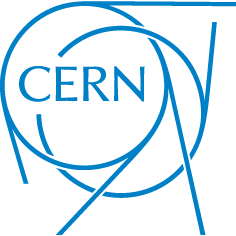
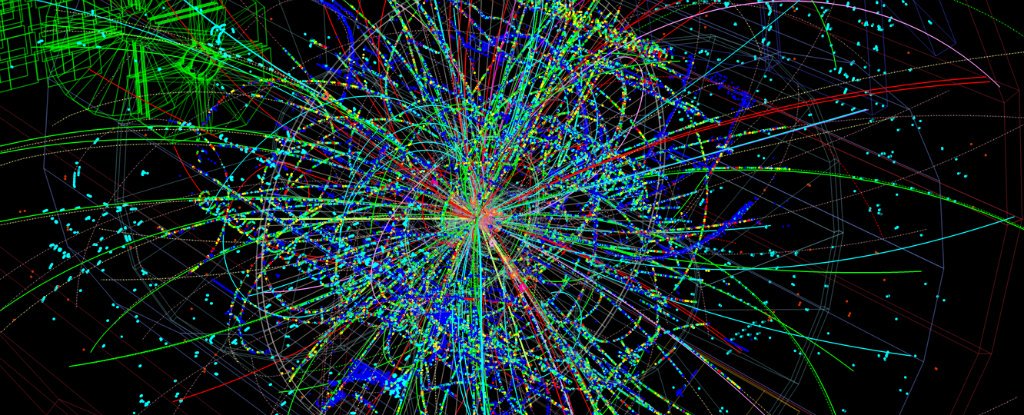
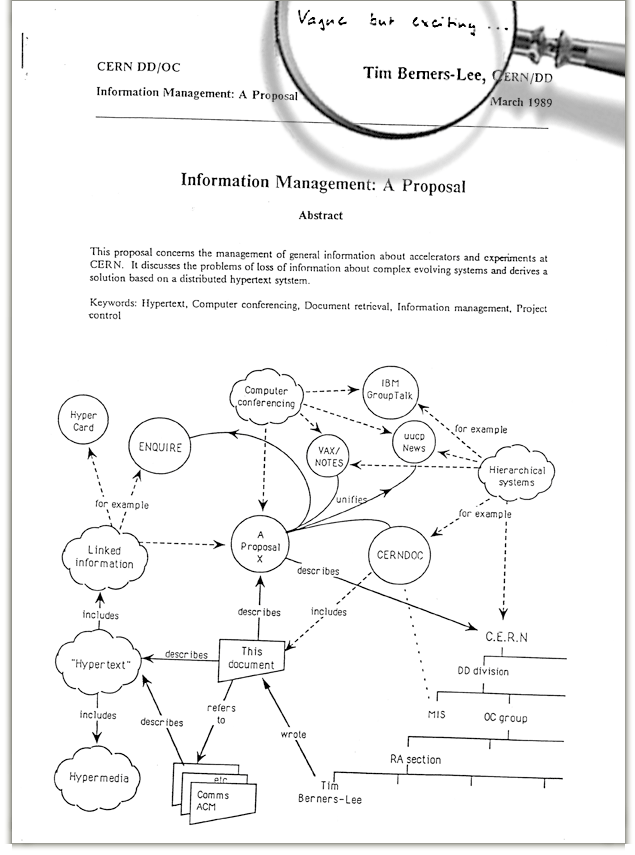
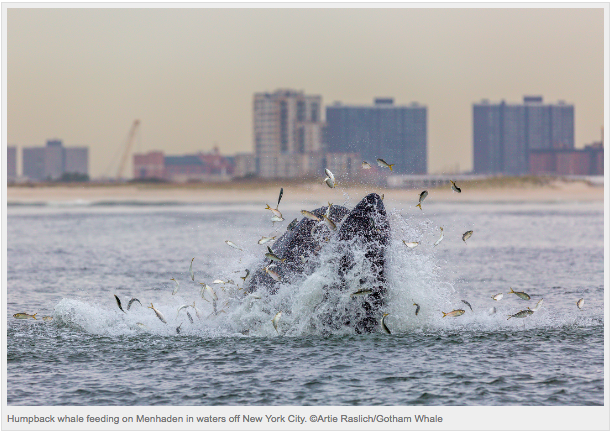
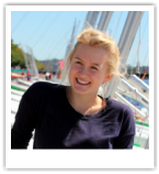
 RSS Feed
RSS Feed
